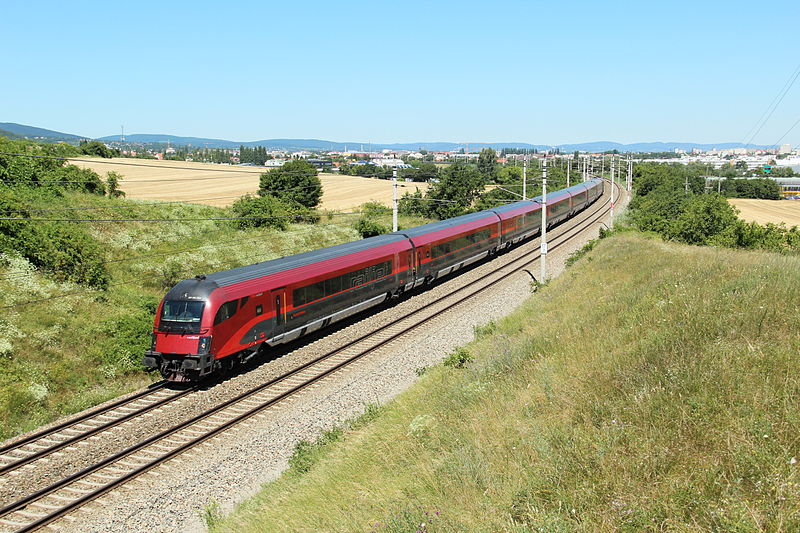Sponsored Content
Timetable Chaos for Rail Travel in Europe: A Step Backwards
The idea of cross-border rail travel across Europe sounds tempting, but the reality is often different. Despite the expansion of night trains, the situation for rail travelers in 2023 has not improved as hoped.
 Anyone wanting to travel through Europe by train will still face hurdles in 2023. / Picture: © Wikimedia Commons / NÖLB Mh / CC BY-SA 3.0 (https://creativecommons.org/licenses/by-sa/3.0)
Anyone wanting to travel through Europe by train will still face hurdles in 2023. / Picture: © Wikimedia Commons / NÖLB Mh / CC BY-SA 3.0 (https://creativecommons.org/licenses/by-sa/3.0)
While traveling from big city to big city has become easier, the hurdles for other connections are still high. It is not uncommon for connections not to be bookable, and some trains are not displayed at all. Experts speak of a step backward compared to twenty years ago according to the European Union Agency for Railways (ERA). The EU promises to remedy the situation, but a workable…
or Log In
Fast News Search





